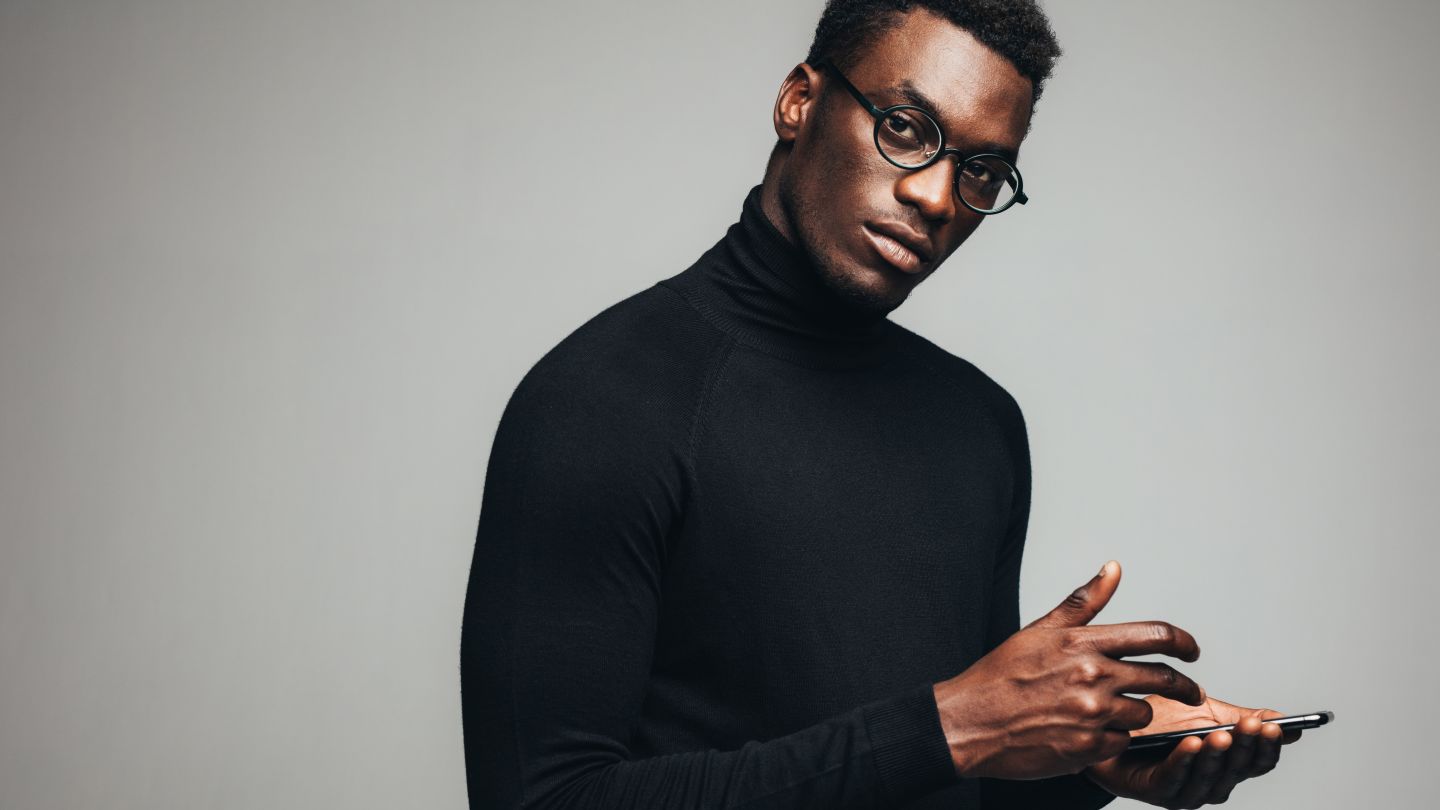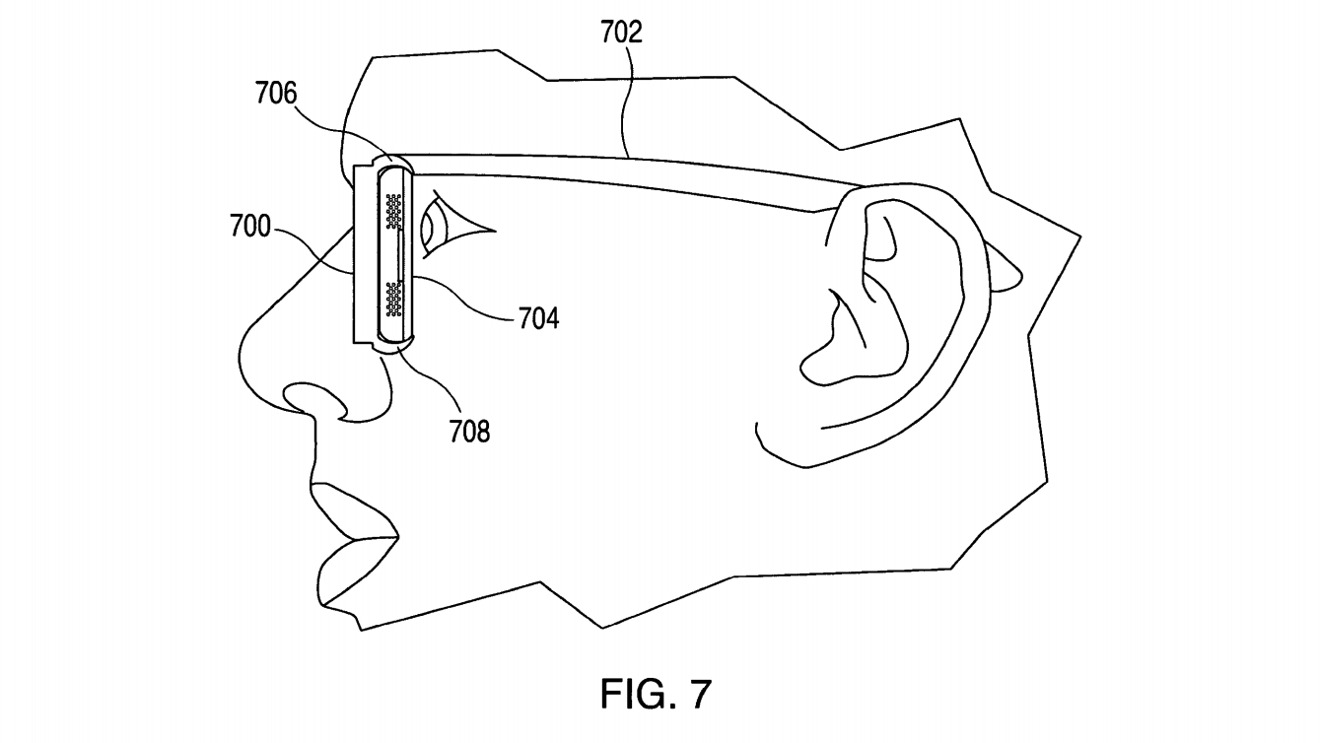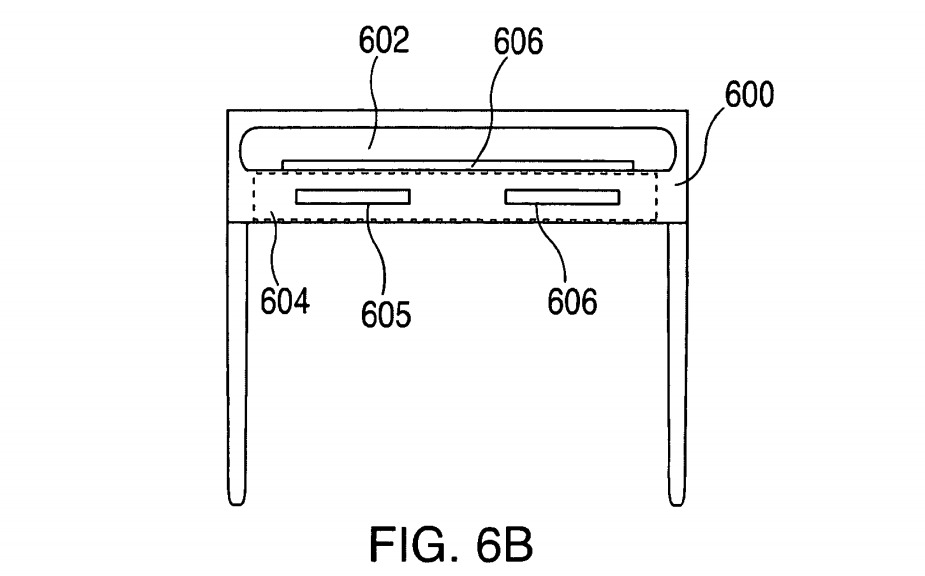Apple Glass leak reveals Google Glass smoking secret weapon
Self-adjusting lenses could be an absolute game changer for Apple Glass adoption

Get all the latest news, reviews, deals and buying guides on gorgeous tech, home and active products from the T3 experts
You are now subscribed
Your newsletter sign-up was successful
Apple Glass – Apple’s attempt to do a better job of smart glasses than Google – is rumored to be coming in 2021 or 2022 and at a surprisingly competitive $499 if leaker Jon Prosser is to be believed. But that price won’t include prescription lenses which, as glasses wearers will know, can be pretty expensive in their own right.
But now it looks like Apple has a possible long-term solution to fix that problem once and for all: glasses that can adapt to match the user’s prescription requirements. It’s all hidden away in this patent, originally spotted by AppleInsider.
- Apple WWDC live stream: start time, how to watch, iOS 14, iPadOS, ARM Macs and more
- These are the best sunglasses of 2020
- Bad news about the Apple iPhone 12 incoming
You have to dig deep to see the application to Apple Glass, as most of the text and images appear to be referring to popping your iPhone into a case worn on the face, as with Google Cardboard. But Apple does mention something that sounds an awful lot like Apple Glass later on: “In one embodiment, the head mounted display apparatus is a single device that includes its own display,” the patent says towards the end of its 29,000 words.

An image from the Apple Glasses patent
So, how does it work? The patent refers to a “coaxial arrangement of lenses” for each eye, with controls that can adjust them to user preference. “The optical subassembly is configured to analyse a viewer's eyes,” the patent explains, with a processor “configured to adjust the optical subassembly based on the analysis.”
Hidden away in that quite plain language is something genuinely revolutionary. Think of it as being like those machines opticians use to test your sight, only much smaller. If a short-sighted person is able to take off their prescription glasses and then put on Apple Glass without everything going blurry, that makes mass adoption considerably more likely.

Another image from the Apple Glasses patent
It also means that a short- or long-sighted buyer could purchase Apple Glass without locking them into a prescription that may well change over time. That in turn opens up the possibility of selling them on, of course.
Given Prosser’s leak mentioned extra cost for prescription lenses, it feels unlikely that the magic of this patent will be applied to the first generation of Apple Glass, so you’re probably looking at 2022, 23 or even 24 before this technology is adopted. And only if it doesn’t ‘do a Google Glass’ and bomb so badly that the company abandons it as a mainstream product.
Get all the latest news, reviews, deals and buying guides on gorgeous tech, home and active products from the T3 experts
Plus, there’s the usual health warnings about patents. Companies make them all the time, and not all of them are ever put to work in commercial applications. Apple, for its part, is sitting on a pile of over 90,000 of them.